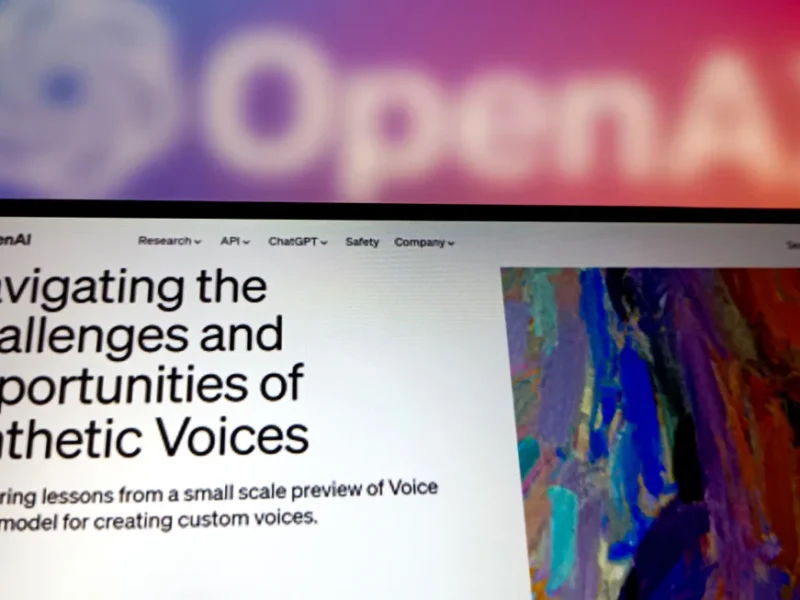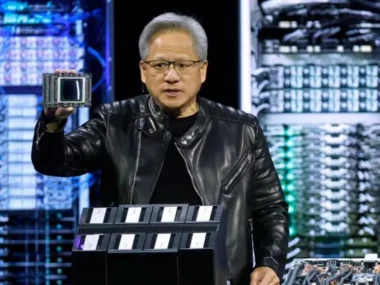OpenAI has revealed a novel artificial intelligence tool capable of closely imitating human voices, presenting potential benefits for accessibility services but also raising concerns about misinformation and potential misuse.
The newly introduced tool, named Voice Engine, has demonstrated impressive accuracy in replicating human voices based on a 15-second audio sample. Users can input a paragraph of text, and the tool will then articulate it in the generated voice.
While various AI-generated voice services already exist, OpenAI has gained notable traction with its innovations, reminiscent of the success seen with its ChatGPT chatbot.
OpenAI suggests that this text-to-voice tool could aid in translation, children’s reading assistance, or assisting individuals with speech impairments. However, skeptics fear it could exacerbate issues like disinformation or facilitate scams.
Voice Engine is currently being tested by select partners in education and health technology fields, with agreements in place to use it responsibly and with clear disclosure to listeners.
OpenAI acknowledges the risks associated with creating voice replicas and emphasizes the need for stringent measures, especially as the technology evolves. It hints at potential changes, such as reconsidering voice-based authentication for bank accounts.
The tool exhibits multilingual capabilities, with the ability to replicate voices across various languages while maintaining the original speaker’s tone and accent.
This unveiling coincides with the anticipation surrounding the forthcoming release of Sora, OpenAI’s AI-generated video tool. Sora promises to create lifelike 60-second videos from textual instructions, enhancing its portfolio alongside ChatGPT’s image generation capabilities.
In a separate announcement, OpenAI disclosed that ChatGPT is now accessible to the public without requiring sign-ups. However, users should be aware that their input text may be used to refine the model, though this feature can be disabled. Additionally, certain functionalities, such as saving chat history and accessing voice conversations, are reserved for users with accounts.











